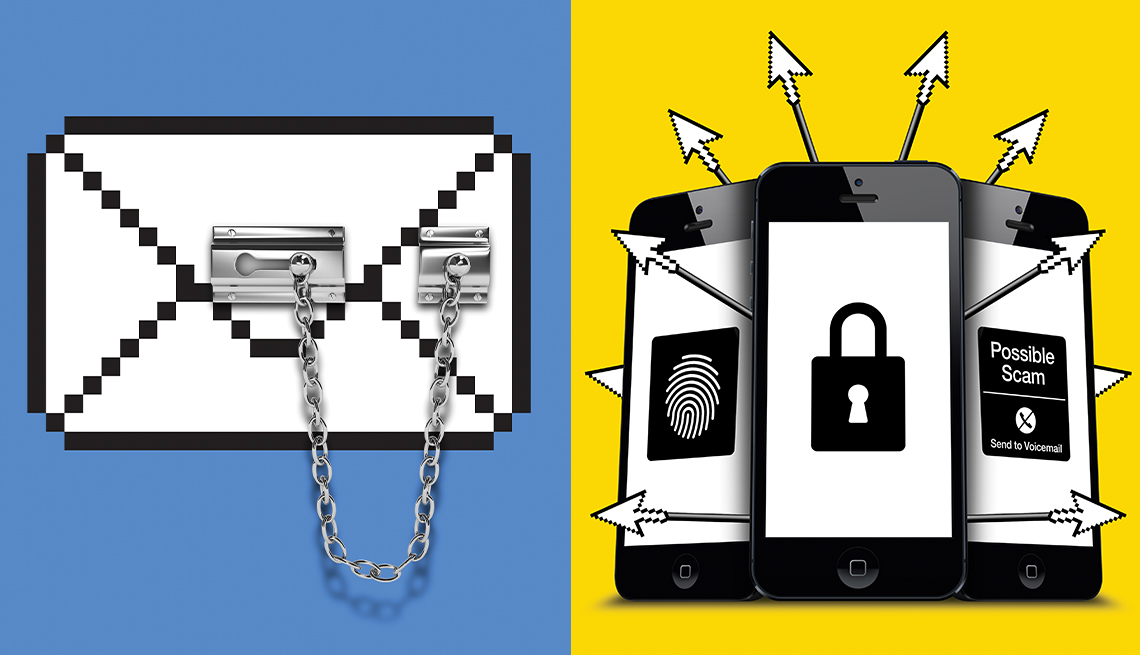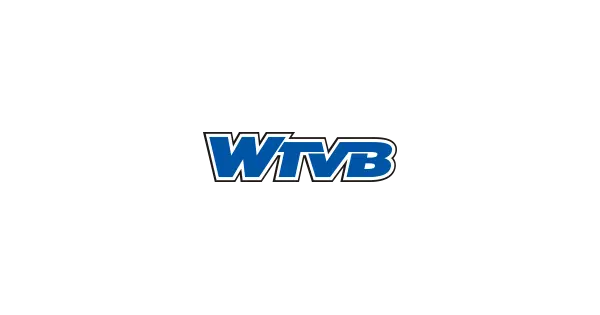
- Select a language for the TTS:
- UK English Female
- UK English Male
- US English Female
- US English Male
- Australian Female
- Australian Male
- Language selected: (auto detect) - EN
Play all audios:
Elias Stein Facebook Twitter LinkedIn
Scams are rampant these days, with criminals stealing a reported $12.5 billion from Americans in 2024, according to the Federal Trade Commission. And that’s likely a fraction of actual
losses, because fraud is notoriously underreported. But there are ways to protect yourself, including staying up on the latest schemes and following the advice listed below. Also consider
adding the AARP Fraud Watch Network Helpline phone number, 877-908-3360, into your phone right now, so you’ll have it if you need to call us to report a scam attempt or get more advice on
how to prevent scams and identity theft.
1. Stop mail fraud at the mailboxInformed Delivery is a free service from the U.S. Postal Service. The agency emails photos of letter-size mail expected to be delivered to you that day or shortly after. This is a great way
to be sure that nothing is stolen from your mailbox by ID thieves. Sign up at InformedDelivery.usps.com.
Watchdog Alerts
Sign up for biweekly updates on the latest scams.
Get Alerts
Pick up mail as quickly as possible after it’s delivered, and always take your outgoing mail directly to the post office. A hot fraud now is scammers stealing checks from mailboxes, erasing
the ink and using them to steal from bank accounts.
2. Halt scammers at your front doorConsider installing a video camera; they are increasingly less expensive, and they’re easy to install. If you don’t recognize a visitor, don’t answer. If you find yourself being pressured to
buy or donate, have a refusal script ready (consider taping it near the door) that says, “I do not do business at my door. Please leave me something to review. If I’m interested, I’ll call
you.”
Be wary of people posing as utility workers who show up unannounced. Don’t allow anyone into your house without an appointment.
3. Prevent garbage theftShred any papers that contain private information (financial statements, bills, shipping receipts) before putting them out for pickup to avoid identity theft. Don’t want to invest in a good
cross-cut shredder? Many communities have shredding events or permanent drop-off sites. Get in the habit of dropping off your accumulated documents once every few months.
4. Watch forcredit card skimming
Card skimming, in which the criminal affixes a credit card reader on top of a legitimate card reader at a store or gas station, is estimated to cause up to $1 billion in losses annually.
When you are paying at a gas station or other point-of-sale location, inspect the device for loose/broken/scratched machinery to make sure someone hasn’t tampered with it. If you are unsure,
notify the cashier and pay using an alternative method.
5. Monitor your credit reportRoutinely check yours (many credit card companies provide it for free; if not, go to AnnualCreditReport.com or call 877-322-8228). Watch for unusual activity; if you see any, report it
immediately to the appropriate financial institution.
Then freeze your credit report. This prevents scammers from opening new credit cards or making big purchases in your name. You can unfreeze it as needed for legitimate transactions. Visit
IdentityTheft.gov for more information.










